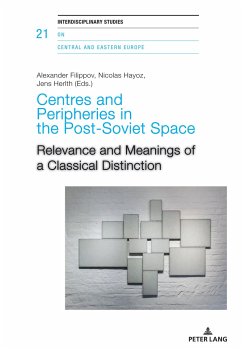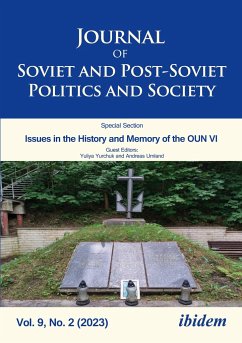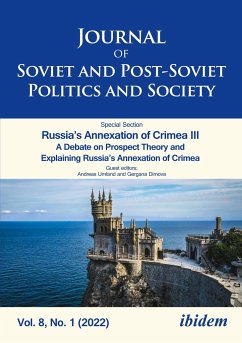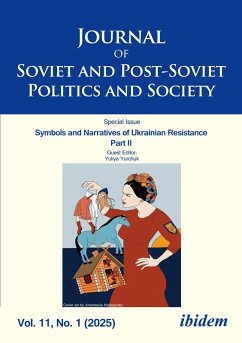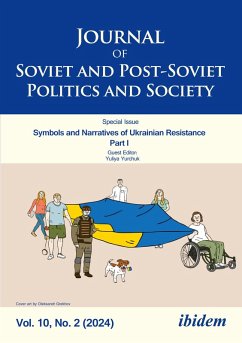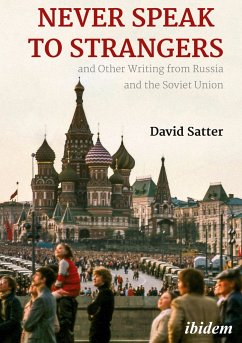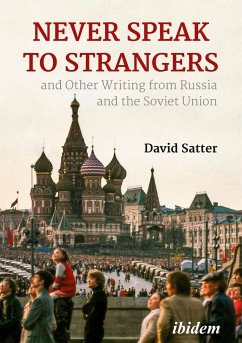
Post-Soviet Space Caught in Thucydides Trap
Grasping the Roots of Zero-Sum Thinking in the Russian Grand Strategy
Versandkostenfrei!
Versandfertig in 6-10 Tagen
29,99 €
inkl. MwSt.

PAYBACK Punkte
15 °P sammeln!
Russia's zero-sum approach to post-Soviet space translates into the interstate conflict dynamic in the former Soviet Union. A zero-sum game is not only behind the tragic events in Ukraine, but it is likely that in the future, similar events will occur in other post-Soviet countries where Russia competes for influence with other great powers or alliances. Therefore, understanding the underlying logic behind the Russian invasion of Ukraine might be vital to predicting or even preventing future conflicts in Eurasia. This book offers one of the alternative explanations - Thucydides Trap draws on t...
Russia's zero-sum approach to post-Soviet space translates into the interstate conflict dynamic in the former Soviet Union. A zero-sum game is not only behind the tragic events in Ukraine, but it is likely that in the future, similar events will occur in other post-Soviet countries where Russia competes for influence with other great powers or alliances. Therefore, understanding the underlying logic behind the Russian invasion of Ukraine might be vital to predicting or even preventing future conflicts in Eurasia. This book offers one of the alternative explanations - Thucydides Trap draws on the Russian reaction to the shifts in the status quo and unit-level threat perceptions embedded in the Russian strategic culture. With unfolding strategic competition, Russia has stumbled upon the ever-growing need for its contemporary grand strategy. However, it is clear that Russian strategic thinking is guided by fears for survival. Since modern Russia failed to maintain the Soviet sphere of influence, its elite became preoccupied with the growth of Western influence.




